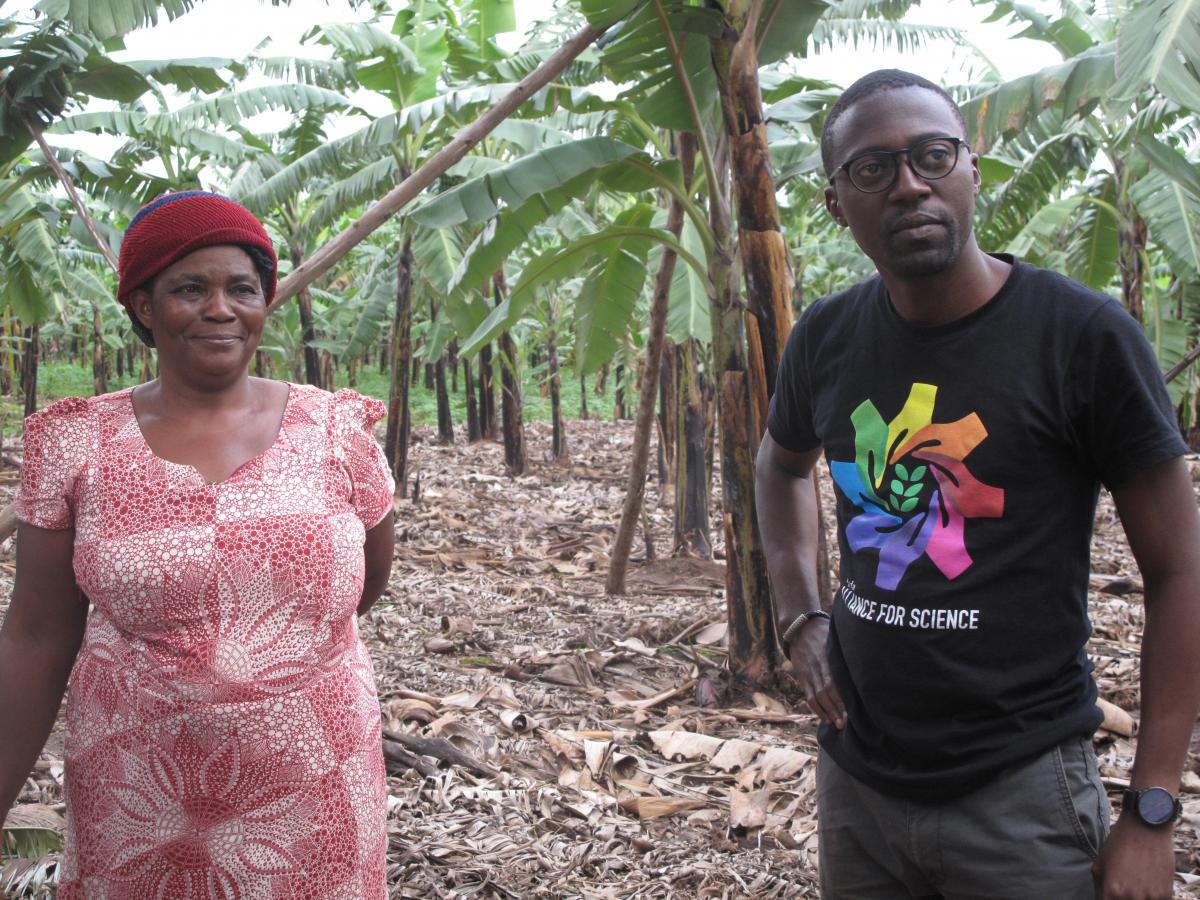
When was the last time you went without food? Was it because you were on a diet, busy, broke or due to some other choice? If your reason was anything other than lack of access that could be privilege.
According to the United Nations Food and Agriculture Organization, world hunger is on the rise, with the estimated number of undernourished persons increasing from 777 million in 2015 to 815 million in 2016. Many factors are responsible, but the most frequently cited include climate and weather, with drought taking the lead. Whereas strides have been made in addressing a number of these factors, food insecurity still stubbornly persists especially among rural communities that highly depend on agriculture for survival.
Agriculture, as a major source of livelihood for rural communities, is a strategic sector to tap when addressing food insecurity. The complexity of challenges surrounding the sector, ranging from changing climate and declining soil fertility to new pests and diseases, calls for solutions beyond the business-as-usual interventions. The rising advancement in science and technology presents new tools that widen the technological options for addressing food insecurity. In Uganda and most parts south of Sub-Saharan Africa, crops such as maize a major part of the food basket are under threat by drought and destructive pests such as the fall army worms.
Yet despite available and promising solutions, such as genetically engineered (GE) maize, there are groups working to prevent this technology from reaching farmers. Until recently, Uganda s Parliament had been debating for almost a decade to pass a law that would allow farmers and consumers to have access to GE crops and products. Anti-GMO activists were fighting tooth and nail to defeat this law, which was passed last October. After losing this battle, activists are at it again, re-grouping to challenge the law in court, as has been the case in other countries, such as Ghana and Nigeria, where similar laws have been approved.
A group of activists under the banner of Alliance for Food Sovereignty in Africa met in Uganda from Dec. 13-15 to promote food sovereignty. Their meeting seemed to suggest that new technological interventions in agriculture should not take into consideration the food producers, including smallholder farmers, fisherfolks, hunters and gatherers. Ironically, despite all the beautiful forests in Uganda that would seemingly provide an environmental ambience the organizers could relate to, they instead chose to have the workshop in a swanky hotel, with lots of snacks served during tea and lunch breaks.
Conservative food ideologies promoted by the privileged well-fed in both poor and rich nations end up hurting those who need food the most. Their elitist debates around food and farming tend to shape key policy decisions in the developing world, leaving the hungry with restricted or no access to modern agricultural technologies. These regressive ideologies are grounded in a stereotypical and static view of African agriculture, seeing it as somehow its un-African and un-natural to embrace modern farming technologies and practices. Yet throughout human history, humans have always used the best tools available to them to address agricultural challenges. Spears and hoes can be still used by those who prefer to, but this should not mean closing the door to newer tools that can help in the fast changing environment within which humans strive to be food secure.
As humans advance in their knowledge and understanding of the world around them, new tools to tackle emerging problems come up as well. Genetic engineering today is our present-day spear, and it should be allowed in the basket of options to address food security challenges. As most of us prepare to celebrate the upcoming festive days over big sumptuous meals, we should use this time as well to check on our food privilege status and determine whether we are using it in a way that could be hurting the hungry. Happy holidays!
Nassib Mugwanya is a 2015 Alliance for Science Global Leadership Fellow based at the Uganda Biosciences Information Center.
